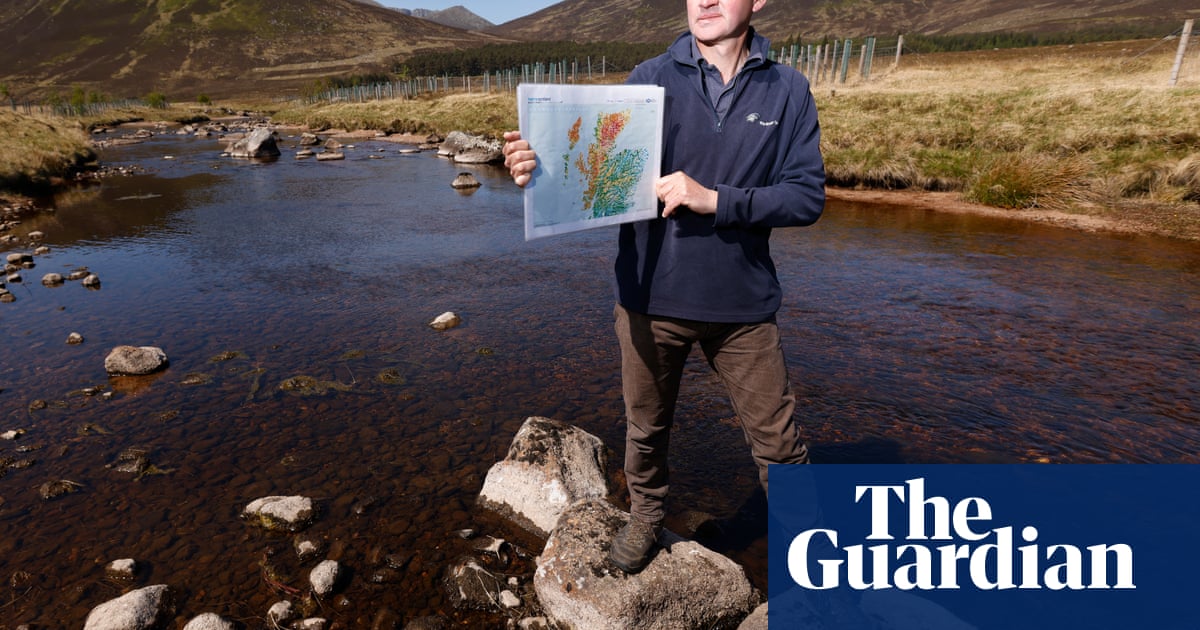Ethical super fund says QBE ‘not joining the dots’ between fossil fuel projects and rising premiums | Insurance (Australia)

An ethical super fund is pushing for QBE to overhaul its coverage policies amid criticism the insurer can underwrite fossil fuel projects without restriction while blaming the climate crisis for steep premium rises.
The critique comes before QBE’s annual general meeting in Sydney on Friday, and against a backdrop of rapidly rising premiums that has priced some households out of insurance coverage altogether.
Homes in flood and fire-prone areas have been subject to huge insurance cost increases, and in some cases homes have been deemed uninsurable, as climate-driven disasters hit more frequently and with greater intensity.
Australian Ethical’s Amanda Richman said QBE’s policies allow it to underwrite new oil and gas projects without any restrictions to at least 2030, and in some cases out to 2040, making it an outlier among insurers.
She said while QBE says it engages with its fossil fuel clients, the approach appears to be “little more than a data collection exercise that serves to delay accountability”.
“We’re not seeing any suggestion that QBE is prepared to escalate where there is a lack of progress,” Richman said.
She said the Australian-based global insurer “was not joining the dots” between support for fossil fuel projects and the need to reduce climate risks.
Australian Ethical held $56m worth of QBE shares at the end of January.
There are no resolutions listed at QBE’s upcoming AGM specifically targeting the insurer’s underwriting policies. Fund managers often publicly raise such issues to gauge support from other investors, before taking more forceful action such as seeking the removal of directors, or voting down remuneration arrangements.
Insurance premiums for numerous categories, including house, home contents and motor vehicle insurance, have rocketed in recent years with near annual double-digit increases, pressuring households and fuelling inflation.
Insurers have blamed extreme weather events, increasing home values in high-risk areas, high inflation and rising reinsurance premiums for some of the steep increases.
after newsletter promotion
A QBE spokesperson said the insurer regularly assesses a range of material risks, including global heating.
“Our approach to addressing key environmental and social risks across our underwriting and investments activities is set out in our environmental and social risk framework,” the spokesperson said.
“Engagement remains a key component of our climate strategy as we seek to understand our stakeholders, and we continue to support their transition through existing products and services and offering new ones.”
QBE said in its annual report that climate change is one of its top risks.
While a growing number of insurers, lenders and coal, oil and gas companies state their support for the landmark 2015 Paris agreement, many policies allow for the development of new fossil fuel reserves.
According to Intergovernmental Panel on Climate Change analysis, greenhouse gas emissions from existing fossil fuel infrastructure are more than enough to push the world beyond its climate goals.
To improve the chances of limiting global warming to 1.5C above preindustrial times, emissions need to be reduced by 45% by 2030 and reach net zero by 2050.
A parliamentary committee recommended last year that the government create a levy on coal and gas extraction to be invested in disaster mitigation and used to offset the cost of rising insurance.
Source link






